Dr. Le Ngoc Duy, Head of Emergency and Anti-Poison Department - National Children's Hospital ( Hanoi ), advises:
When a child has a fever, keep the child in a cool, clean place and wear loose clothes. Give the child plenty of water to drink. Increase the number of times and quantity of breastfeeding for newborns. Wipe the child's body with a damp towel: dip 5 towels in a basin of water and wring them out slightly, use 2 towels to wipe the armpits, 2 towels to wipe the groin and 1 towel to wipe the whole body.
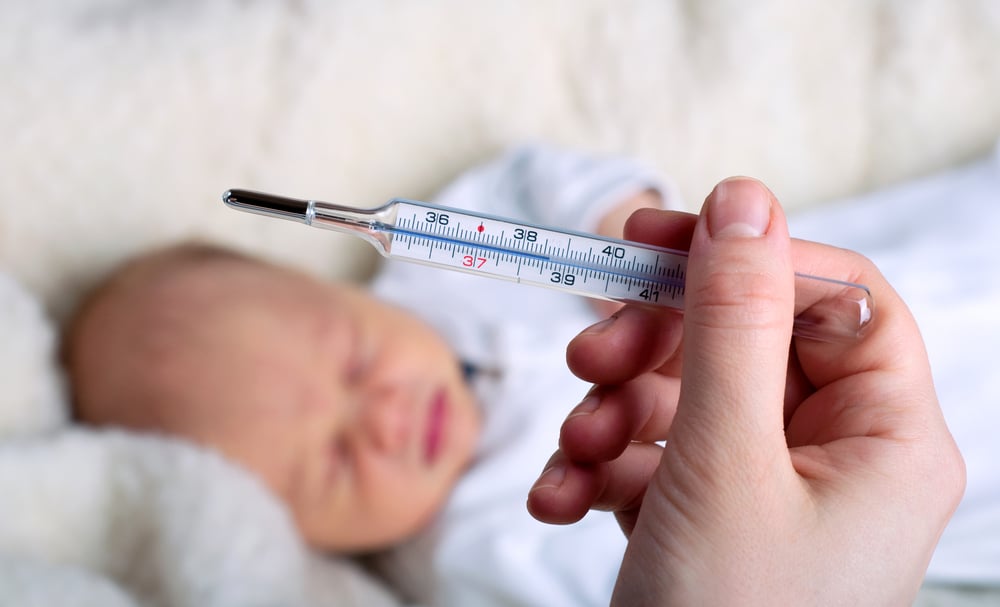
When children have a fever, they need to be kept in a cool, clean place.
Be careful not to put the towel on the baby's forehead and chest. Change the towel every 2-3 minutes. Monitor the water temperature, keep it warm. Check the baby's temperature every 15 minutes, stop wiping the baby's body when the temperature is below 38.5 degrees Celsius.
C. INFUSION ONLY WHEN INDICATED.
Dr. Le Ngoc Duy notes: Give children fever-reducing medicine when their fever is above 38.5 degrees Celsius. For children with a history of febrile convulsions, give them fever-reducing medicine when their fever is above 38 degrees Celsius.
- Children have high fever above 39.5 degrees that does not respond to antipyretics.
- Children have high fever for more than 2 days.
- Children under 3 months old.
- Children have a fever accompanied by one of the following signs: irritability, lethargy, difficulty waking up, frequent vomiting, loss of appetite, convulsions, difficulty breathing, rash or blood in urine...
- When children have a fever, families should note:
- Do not keep warm, because it will make the baby's body temperature rise.
- Do not squeeze lemon into the child's mouth as it can cause mouth blisters, tongue burns, or choking.
- Do not use ice cold water to cool down fever.
- Do not pull hair or pat the child when he is having a seizure, because it will make the child more excited and have more seizures.
(Source: National Children's Hospital)
The most commonly used antipyretic for children is Paracetamol in packets, syrups or suppositories. Dosage is 10-15 mg/kg/time, every 4-6 hours. Be sure to use the correct dose. Do not combine antipyretics at the same time because it can cause adverse effects on the child's body.
If the child has a fever and convulsions, place the child on one side to allow the phlegm and mucus to flow out easily, avoiding inhalation into the lungs. Give the child a rectal antipyretic. Cool the child with warm water. After first aid for a child with a high fever and convulsions, take the child immediately to the nearest medical facility.
In fact, many families today often give their children IV fluids when they have a fever. Regarding this issue, Dr. Duy noted: Children with fever but still conscious, supplemented with enough water through eating and drinking do not need IV fluids. If the child is severely dehydrated and refuses to eat and drink, IV fluids are needed and should only be performed at a qualified medical facility or in a hospital to ensure safety.
Source link




![[Photo] Hanoi morning of October 1: Prolonged flooding, people wade to work](https://vphoto.vietnam.vn/thumb/1200x675/vietnam/resource/IMAGE/2025/10/1/189be28938e3493fa26b2938efa2059e)



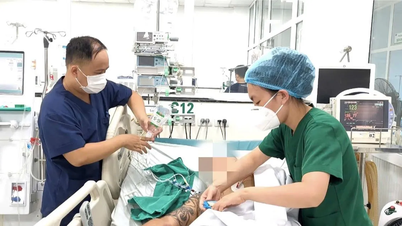

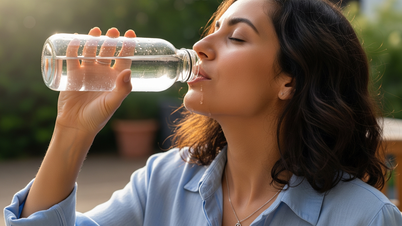
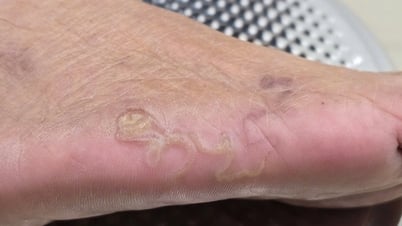
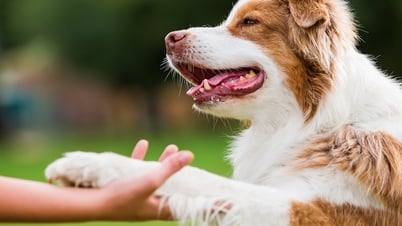

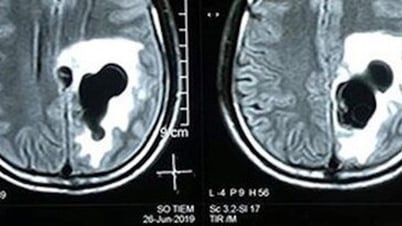


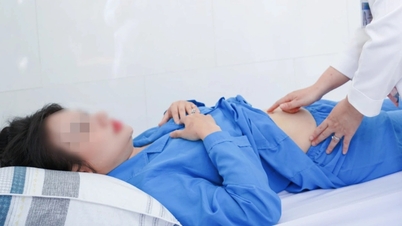

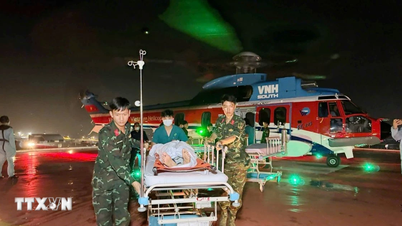

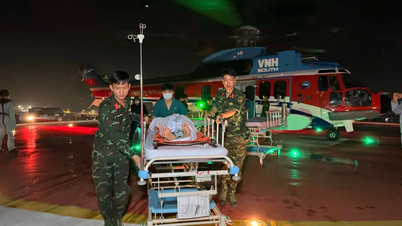
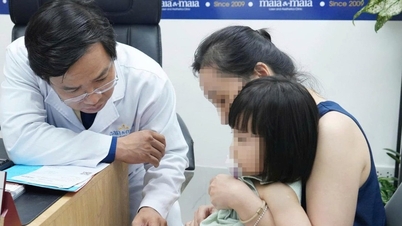
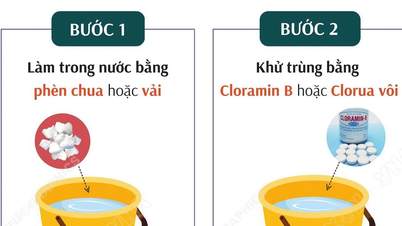
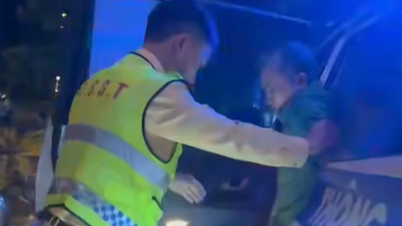




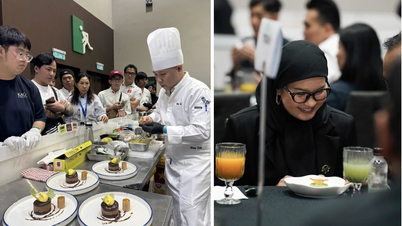

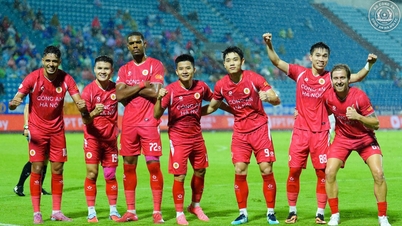



![[Photo] Panorama of the cable-stayed bridge, the final bottleneck of the Ben Luc-Long Thanh expressway](https://vphoto.vietnam.vn/thumb/1200x675/vietnam/resource/IMAGE/2025/9/30/391fdf21025541d6b2f092e49a17243f)
![[Photo] President Luong Cuong receives President of the Cuban National Assembly Esteban Lazo Hernandez](https://vphoto.vietnam.vn/thumb/1200x675/vietnam/resource/IMAGE/2025/9/30/4d38932911c24f6ea1936252bd5427fa)





















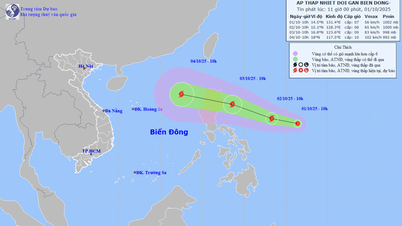
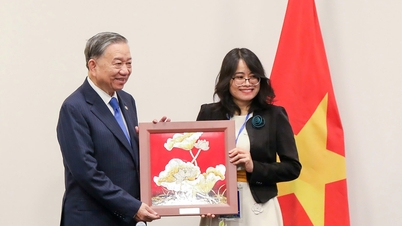


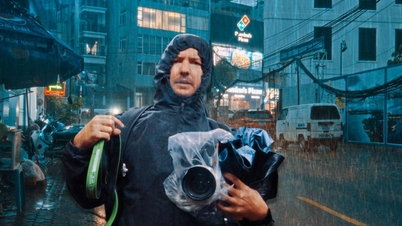



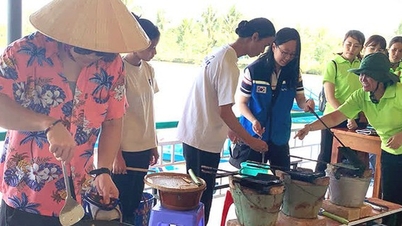


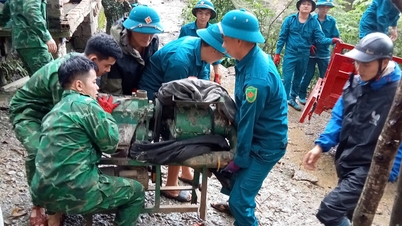



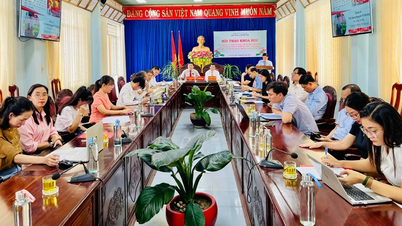


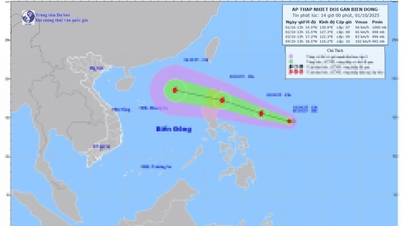
















Comment (0)